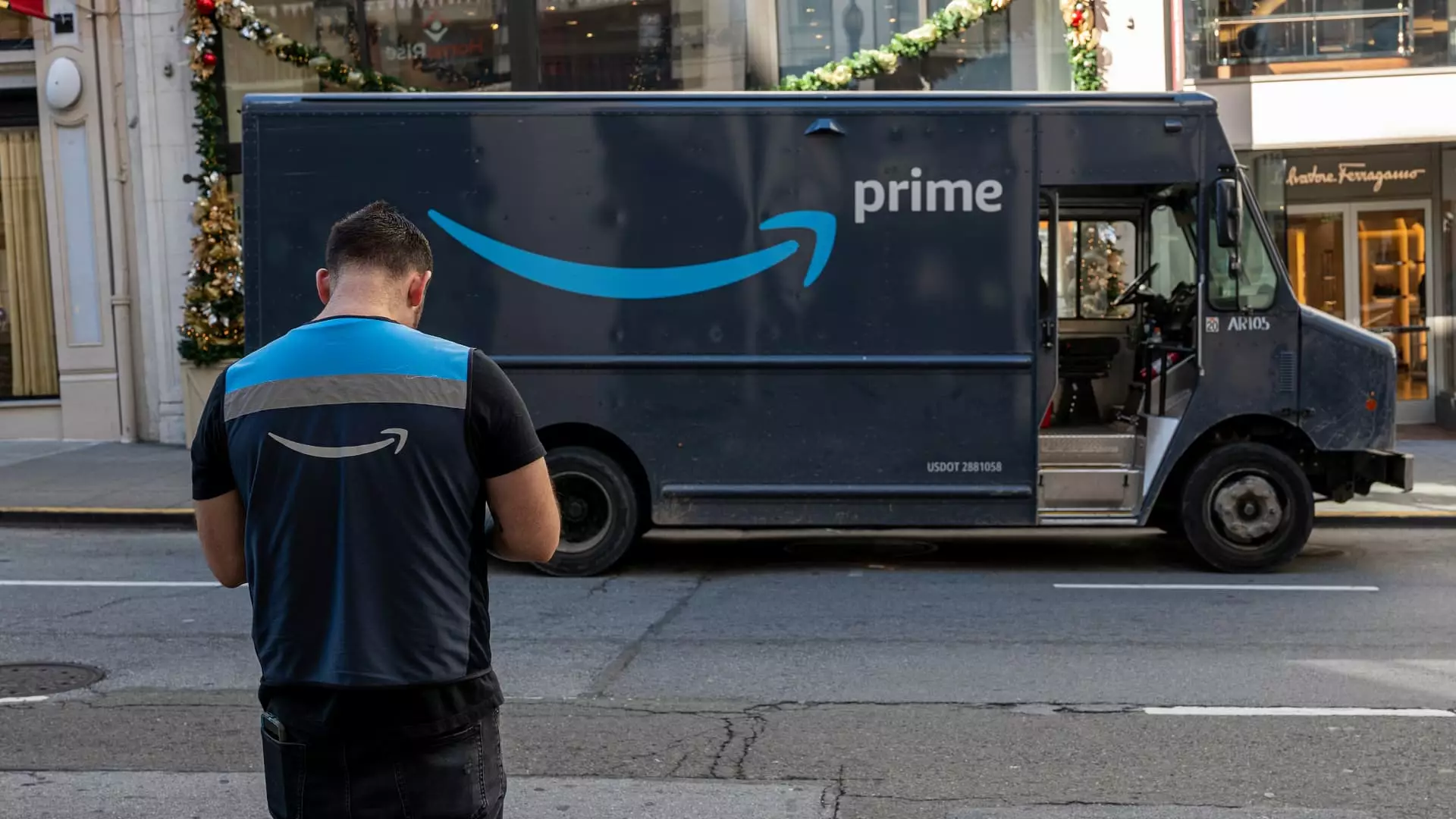In a striking confrontation between regulatory authority and corporate power, the Federal Trade Commission (FTC) has found itself in a tight spot while preparing to challenge Amazon regarding allegations that the retail giant misled consumers into subscribing to its Prime program. Requesting a two-month postponement for the trial, the FTC’s legal team cited severe resource constraints, underscoring a broader narrative about the difficulties federal agencies face amidst budgetary pressures. This predicament becomes especially poignant given the current political climate, with the Trump administration proactively pushing for severe reductions in federal spending, which has dramatically impacted workforce availability.
During a recent status hearing in Seattle, FTC attorney Jonathan Cohen outlined the agency’s situation candidly, admitting the ongoing staff shortages are directly hindering their ability to adequately prepare for the impending court battle. In essence, the FTC is not just wrestling with the case against one of the most powerful corporations in the world but also contending with its internal struggles as a government entity under duress.
Judicial Scrutiny: A Judge’s Response
Judge John Chun, presiding over the case, raised an important question: How would the FTC’s circumstances change in two months if they are already facing a crisis? This skepticism reveals the inherent tension between the government’s request for more time and the demands of a timely judicial process. Cohen’s response—that conditions might worsen rather than improve—paints an alarming picture of the agency’s precarious position. The courtroom witnessed a tug-of-war, not merely over timelines but over the implied accountability of an agency that should robustly defend consumer interests.
The juxtaposition of Cohen’s apprehensive outlook with Judge Chun’s probing questions reflects a systemic dilemma: regulatory bodies, equipped with substantial responsibilities, struggle to maintain survivor-like agility in the face of diminishing resources. The trial’s outcome is poised to impact public attitudes toward not only Amazon but the enforcement capabilities of the FTC itself.
Corporate Counterarguments: Amazon’s Defense
A vocal opponent in this legal showdown, Amazon, swiftly countered the FTC’s request for a delay. Attorney John Hueston defended his client by arguing that the FTC failed to demonstrate a legitimate inability to proceed with the trial as scheduled. Hueston’s assertion that the FTC’s trial team remains intact raises questions about the implications of operational disruptions on trial preparation. It hints at a corporate strategy that leans heavily on both minimizing the regulator’s credibility and leveraging any perceived weaknesses in the opposition’s case.
The courtroom exchanges are emblematic of a larger battle occurring across industries, where regulatory oversight faces stiff resistance from well-resourced corporations. Amazon’s staunch defense—rooted in a blend of legal argumentation and strategic public perception management—represents an evolving dynamic in which tech conglomerates wield increasing influence over governmental regulatory capacities.
Consumer Impact: The Stakes for Individuals
While the trial’s timeline is a vital procedural matter, the implications for everyday consumers are far more significant. The FTC’s allegations—that Amazon has been misleading customers by ensnaring them in unwanted subscriptions—are alarming in the context of consumer rights. As former FTC Chair Lina Khan aptly pointed out, the issues at stake revolve around deceptive practices that could financially burden unsuspecting individuals. This scenario is reminiscent of a tragic yet common narrative in the modern digital marketplace, where transparency often takes a backseat to the pursuit of profit.
As the legal battles ensue, the broader conversation about consumer protection in the digital age emerges, revealing the vital role regulatory agencies must play. The FTC’s scrutiny of Amazon is not solely about one corporate entity; it represents a clarion call for increased accountability from tech companies, seeking to ensure that consumer rights are upheld amid the structural changes in the marketplace.
Political Overtones: The Element of Timing
Adding another layer of complexity is the palpable political backdrop against which this trial plays out. Under Andrew Ferguson’s leadership—a Trump appointee succeeding Khan—the FTC is navigating stormy waters not only in terms of resource constraints but also in regard to shifting political priorities regarding regulatory oversight in tech. The possibility of political appeasement by tech giants like Amazon—evidenced by gestures such as campaign donations—adds an unsettling flavor to the proceedings.
As the trial looms, it is crucial to remember that the outcome may not only redefine Amazon’s business practices but also set a precedent for how regulatory bodies operate in the face of shrinking resources and increasing corporate influence. The stakes for consumers are high, and the ramifications of this trial will resonate far beyond the courtroom. The future of consumer rights and corporate accountability rests precariously in the balance.

